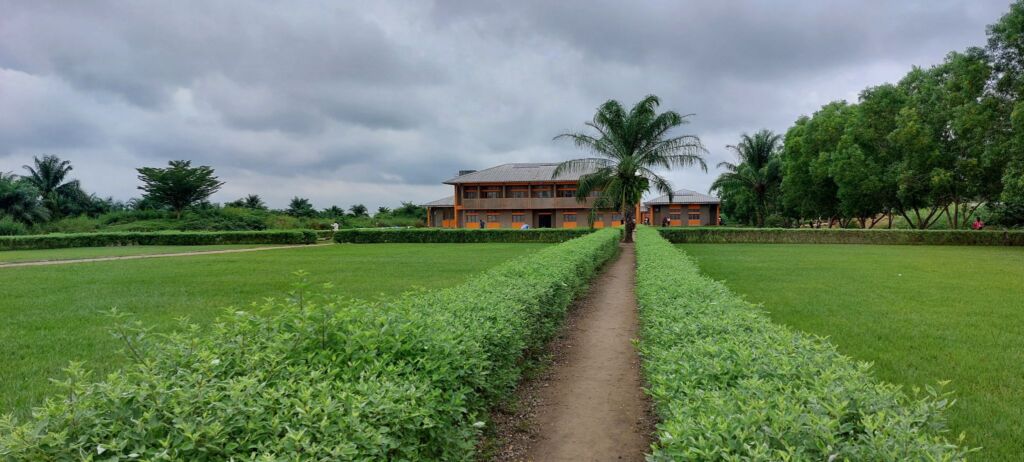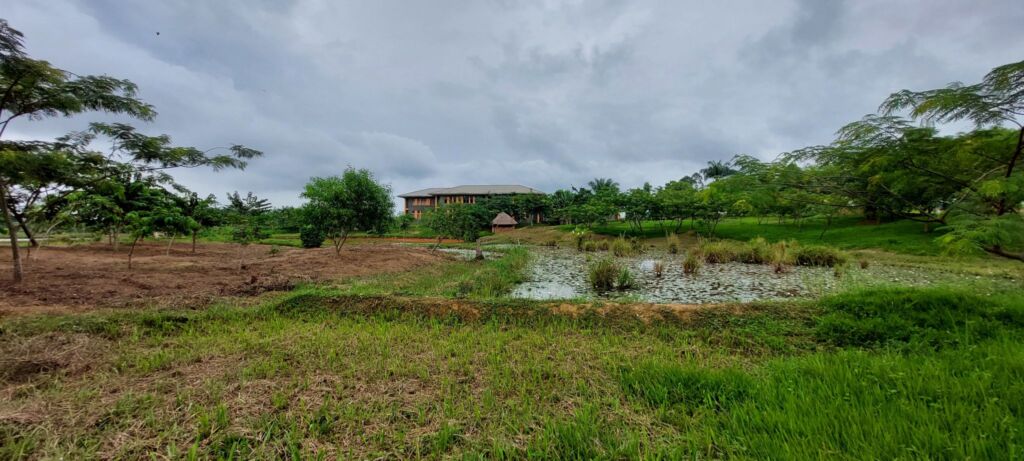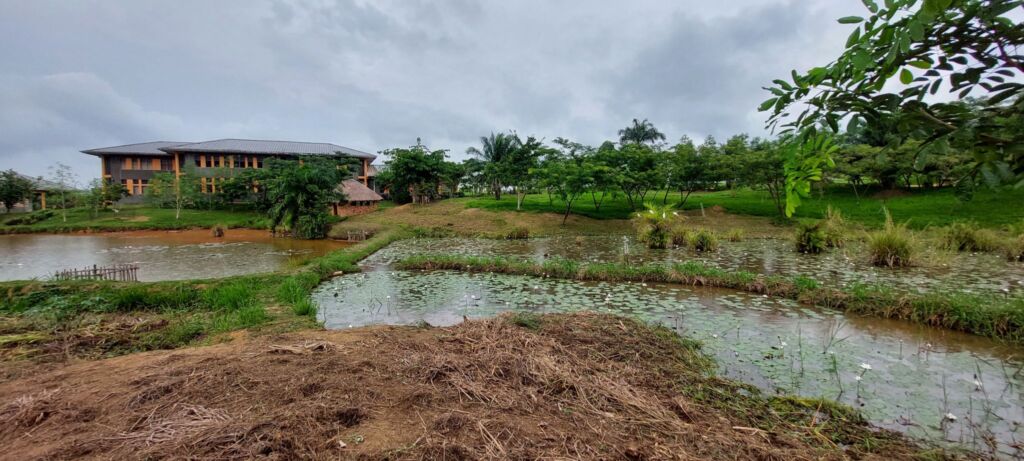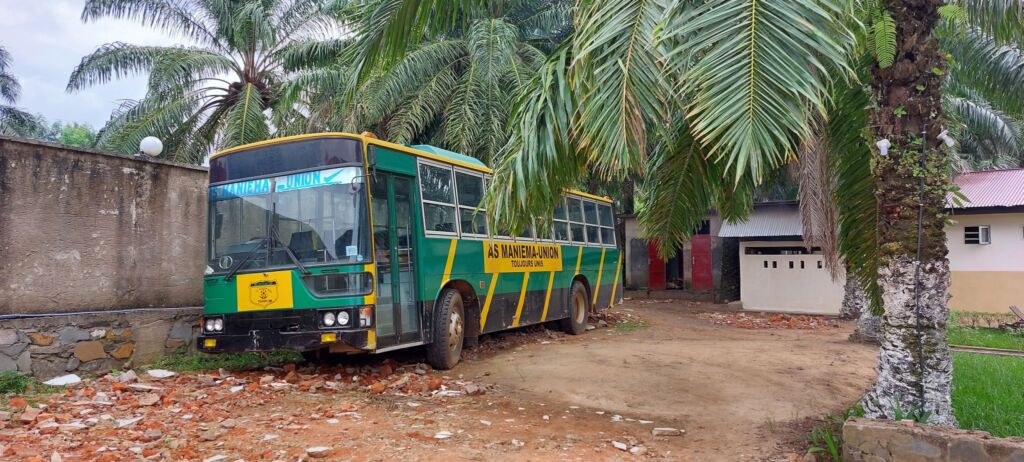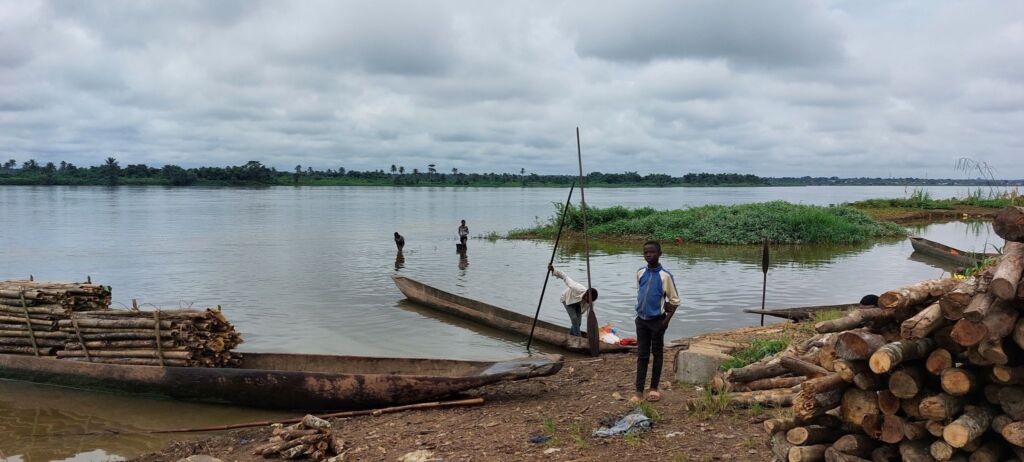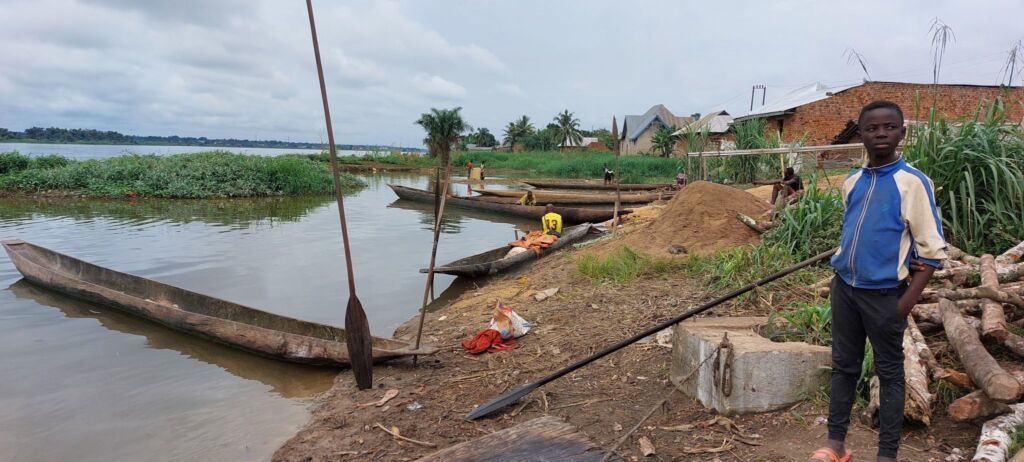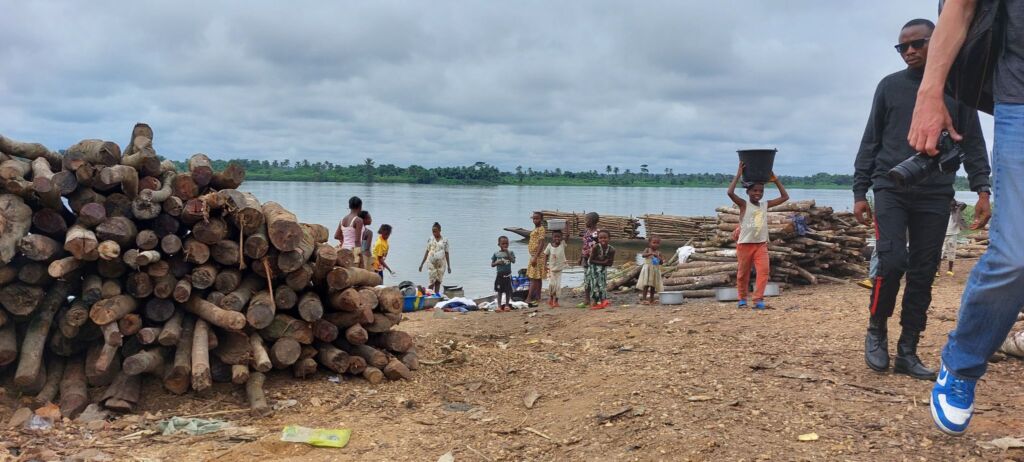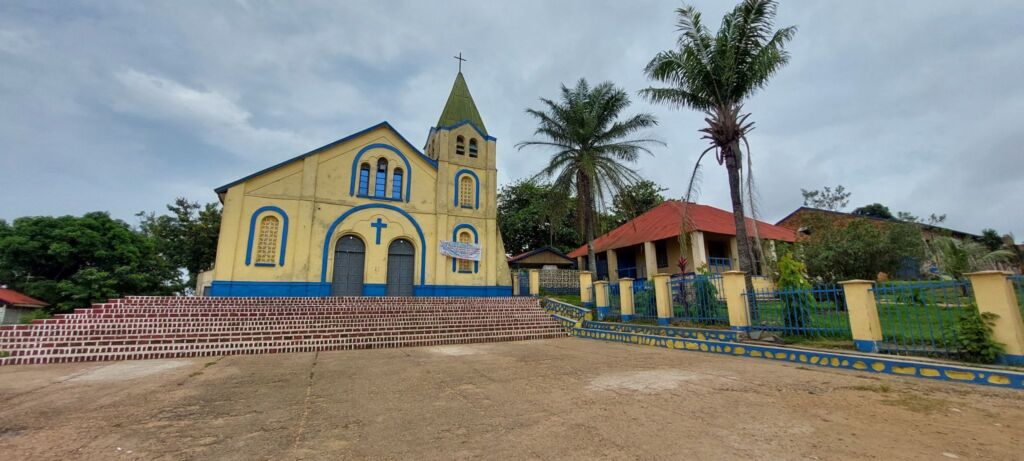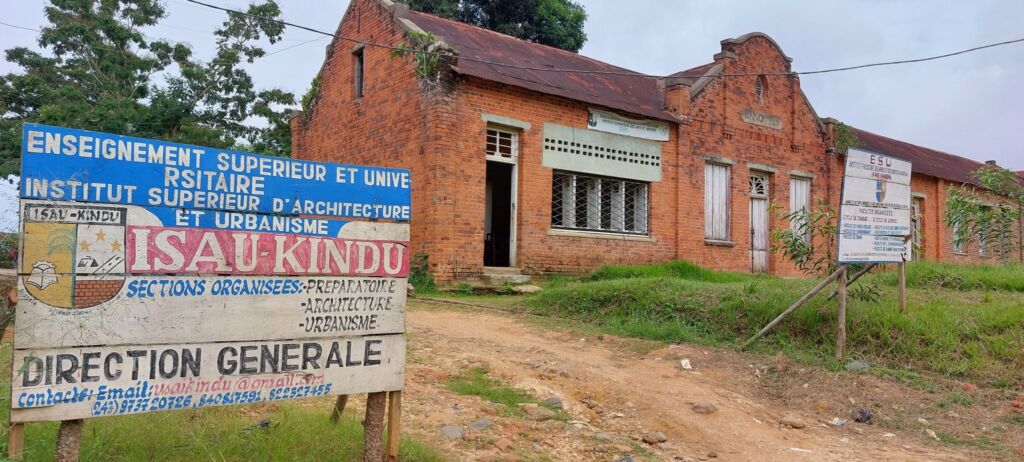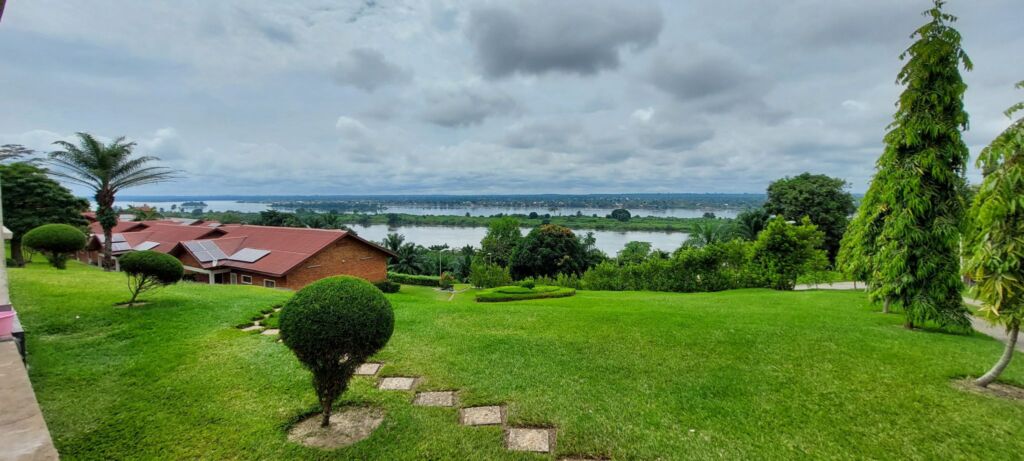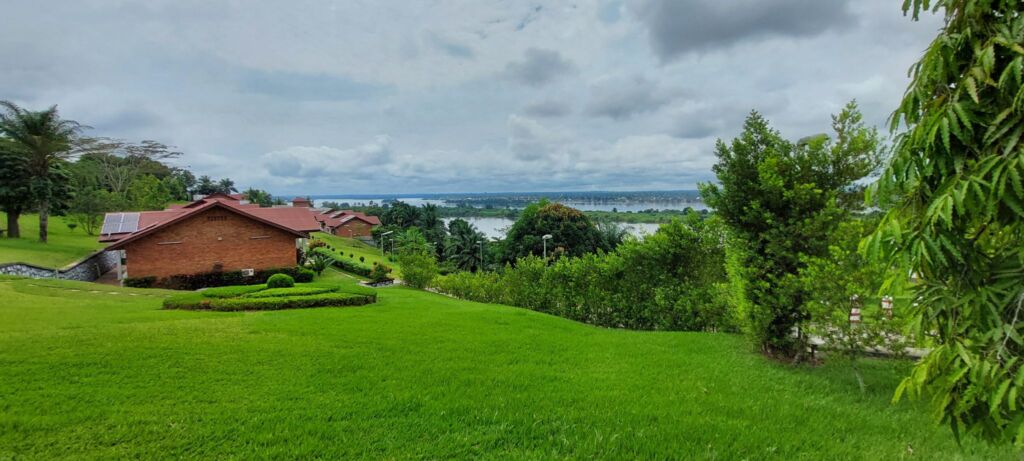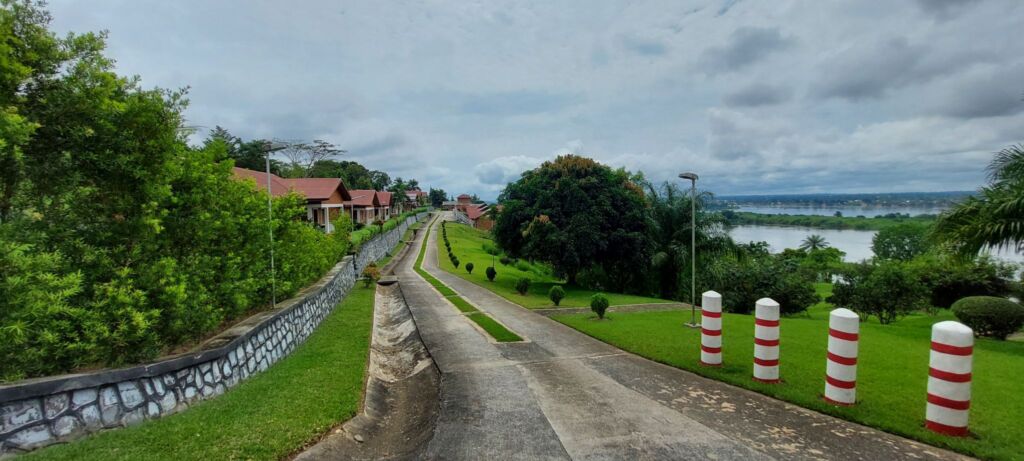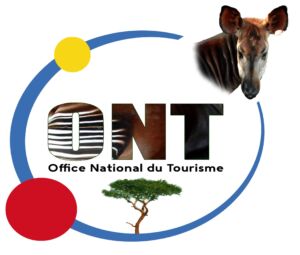On this exclusive day tour with Congo Travel and Tours you’ll get to discover Kindu, a small but charming town on the left bank of the Lualaba River in Congo. We’ll go see the train station, the port and the explore the river banks and the market. There are a few nice old colonial buildings in the city which we’ll check out and we’ll also get to see the university of Kindu which is in a superb location with amazing gardens and a really nice buildings.
Check out our videos from our last visit to Kindu!
Kindu is a city in the Democratic Republic of the Congo on the left bank of the Lualaba River and is the capital of Maniema Province. Kindu had an estimated 172,000 inhabitants in 2012. The common language is Swahili. The city is located at an altitude of 504 m.
The port on the Lualaba provides access to shipping on the Congo to the north (downstream to Ubundu, before Kisangani). Between 1906 and 1910 the railway from Kindu to Kongolo was built. This allowed a long unnavigable part of the Lualaba to be passed. In 1939 the railway was extended to Kabalo and in 1956 the railway was connected to the railway network of Haut-Katanga making Lubumbashi accessible by rail from Kindu. There are rail links to the mines of Kalemie, Kamina and Kananga in the south.
Just north of the city center is Kindu Airport. Congo Airways serves the airport with weekly flights to N’djili Airport near Kinshasa, to Goma (Goma International Airport) and to Bangoka International Airport near Kisangani.
In the 19th century Kindu was a trading place for ivory, gold and slave trade. The place was known as Kindu-Port Empain (named after Édouard Empain). Mining has remained: diamond, copper, gold and cobalt are still mined. But Kindu and the surrounding area has also become known for the extraction of strategic minerals such as cassiterite and coltan.
The place is also known for the atrocities that took place here on 11 and 12 November 1961 in the newly independent Congo by the troops of Antoine Gizenga. Thirteen unarmed soldiers, including a number of pilots, all from the Italian Air Force working for the United Nations, were brutally beaten and killed here.


